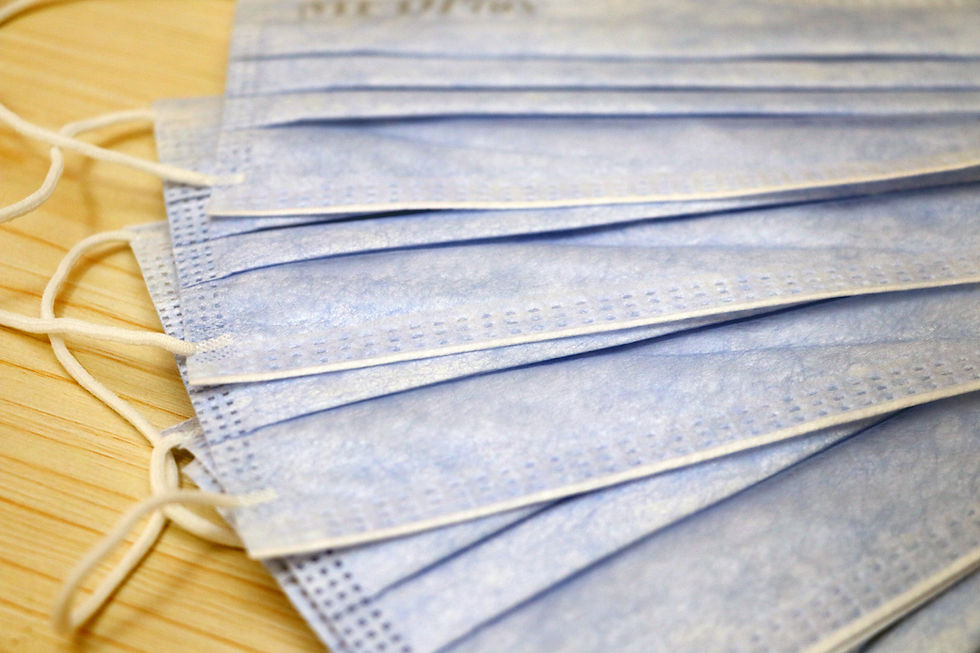Are masks effective against a virus like COVID-19? What’s the difference between a N95 mask, a homemade mask, or a bandana? Upstream Plan B podcast host Ralph Benmergui gets the low-down from Dr. Chris Mackie.

Ralph Benmergui
If there’s one topic that keeps coming up as we deal with this all-consuming pandemic it is this: To mask, or not to mask. Do we need a mask? What kind of mask? Can you fashion your own mask? Who needs one and who doesn’t?
Dr. Chris Mackie leads a team of 300 health professionals in London, Ontario. I spoke with him to get the facts about masking in the age of Covid-19.
First off we have to decide which kind of mask. They can be made of paper, cloth or a mixture of both, some are form-fitting, some just wrap around your ears.
People wear them for all kinds of emotionally driven reasons but mostly out of fear of the other. That’s understandable with a potentially fatal disease that you can’t see, hear, touch, or smell.
By the way, the touch thing is big. Dr. Mackie was not wearing a mask when he spoke to me and if he was, it wouldn’t have been to stop me from infecting him—doubly hard to do since our meeting was virtual.
He wasn’t wearing a mask because, for the most part, you and I don’t need them at all. If anything, we might use them to cover our face so that we don’t touch it after touching a contaminated surface. Even then the good doctor has his doubts.
The N-95 mask should be reserved for health care workers

Then there’s the sometimes hoarded N-95 mask. Truth is that this mask is of no use to you and I but it is in short supply for frontline workers who come in sustained contact with COVID-19 patients. And here’s why this mask really matters to them.
By now you may have heard of a procedure called intubation. This is done when the COVID-19 sufferer is in respiratory distress. A tube is placed down the throat of the patient. Most often this triggers a gag reflex and coughing, sometimes violent. This is when the mask truly matters—the good mask. In that cough are the droplets that are the most infectious form of the disease.
Masks are for those who do this work, for doctors, nurses, care and support workers. And they should be changed often.
For us, the mask is more about touching your face. We do it hundreds of times a day. Touch a surface that this virus can survive on and then without thinking, scratch your chin, rub your eye, hell, if no one’s watching pick your nose. We do it, it's a thing.
The mask might stop you from getting to that spot but Dr. Mackie explains that the cure, in this case, might be worse than the potential infection.
Masks might be good for mitigating the effects of pollution, we didn’t get into that, but in this pandemic, if we listen to the good doctor, we might focus on the most effective tools: very frequent hand washing and physical distancing.
Though scientists and epidemiologists are still learning more about this particular coronavirus. Just over the weekend Chief Public Health Officer Dr. Theresa Tam said facial coverings might be of additional help in some cases, like if you’re in public transit and cannot keep two metres away from other people.
Be well and safe, we will get through this together.
Ralph Benmergui is a broadcaster, interviewer and the host of Plan B.
This project is possible in part by the Government of Canada.

Comentários